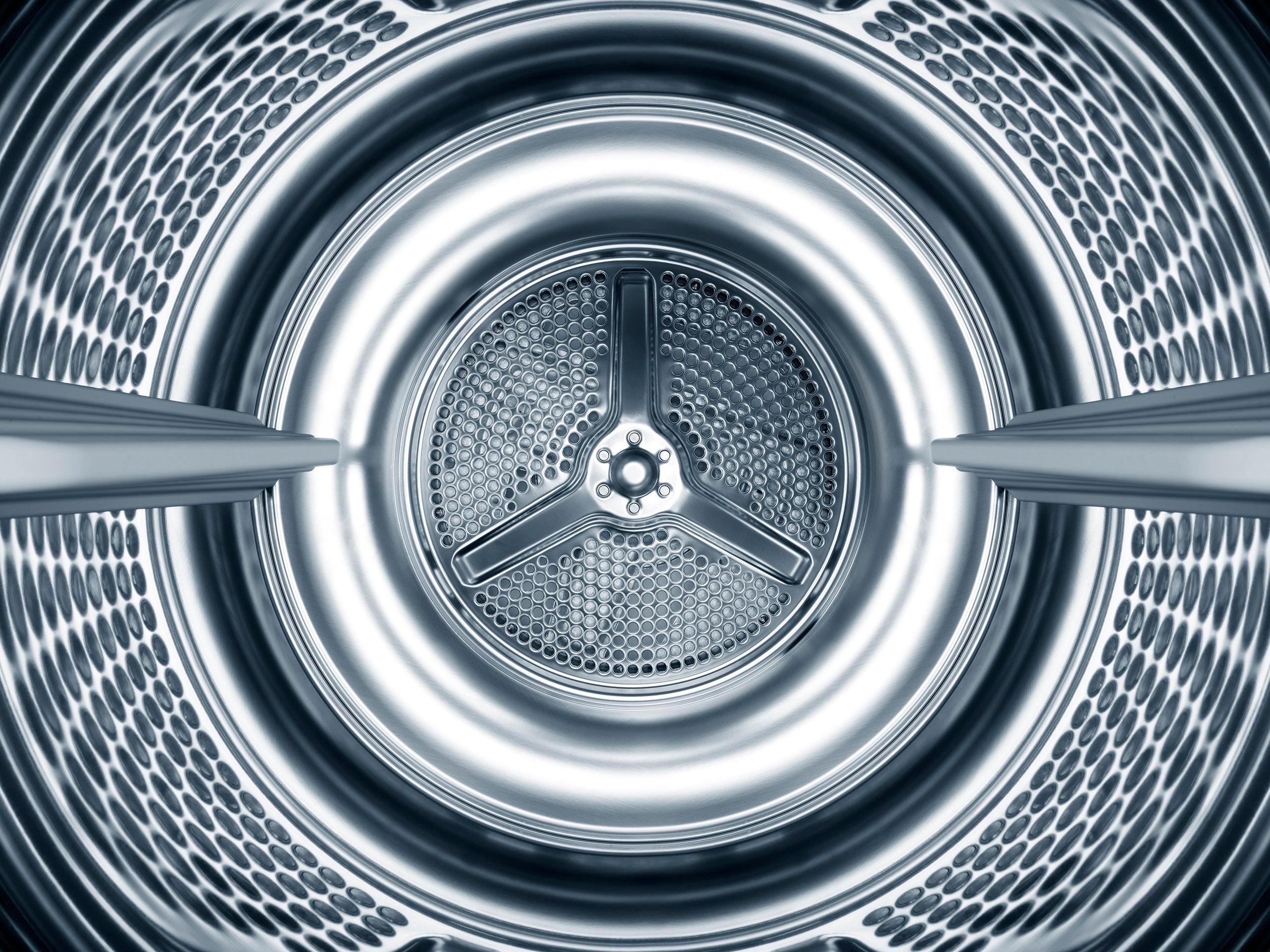
This article originally appeared on Time.
Laundry serves far nobler purposes than stamping out body odor. It also protects you from getting sick. (Brace yourself, because this is going to get gross in a hurry.)
Imagine that someone who lives in your house is ill. A single gram of his fecal matter contains millions of viruses, and exposure to just a hundred of those viruses can make you sick, says Kelly Reynolds, a germ researcher and associate professor of environmental health at the University of Arizona.
Regardless of how assiduously he wipes, the average person has about a tenth of a gram of fecal residue in his underwear, says Chuck Gerba, a professor of microbiology at Arizona. If you’re washing that sick person’s underwear with your own, chances are very good that his sickness-causing organisms are going to make their way onto your clothing.
“We’ve found that one germy item in the washer will spread to 90% of the other items,” Reynolds says. And no, it doesn’t matter how hot you set the water temperature on your machine. “When it comes to molds that cause skin or respiratory infections, or organisms that cause colds, flu and stomach flu, most of them will survive the wash cycle,” she says.
It’s the dryer—not the washing machine—that lays waste to harmful microorganisms. “High heat drying for at least 28 minutes is the most effective way to kill viruses,” Reynolds says. The “high heat” setting is key. Energy efficient, low-heat settings may not get the job done, she says.
You’re not even safe if you wash your sick housemate’s clothing separately from your own, since his germs will hang out in the washer even after the clothing is gone. Run a wash cycle with bleach or another type of disinfectant to clean it of sickness-cause organisms, Reynolds says.
The good news is that if no one in your household is sick, you can relax a bit about killing the germs in your load. “It’s when someone is ill that you really want to up your game,” Reynolds says. If your housemate catches something, have him or her wear clothing and sleep on sheets that you can wash and dry using high heat.
And yes—it’s ok to spare your expensive, line-dry only gym gear from the dryer. Your big worry there is probably foul odors, not viral pathogens. If you’re diligent about washing your hands (and wiping down the machines at the gym before you climb aboard) you shouldn’t have much to worry about, Reynolds says. Just be sure to wash your duds soon after you finish exercising. “The longer those clothes remain damp with sweat, the more mold and bacteria are going to proliferate,” she says.
If your first instinct after reading this is to double down on detergent, don’t. A washing machine’s cycles are designed to break up and wash away only so much cleaning agent, says Jolie Kerr, an author, cleaning expert and host of the podcast Ask a Clean Person. If you have a heavy hand with the pump or scoop, the excess detergent can build up on your clothing and lock in bacteria and odors, she says. (Fabric softener, too, can coat your clothing in a residue that traps smells, she adds.)
If you can’t dry your stuff on high heat—or at all—hang it up outdoors or in direct sunlight. The sun’s ultraviolet light has disinfecting properties, Reynolds says.
Finally, be mindful of transferring your clothes from the washer to the dryer. “Unless you’ve used bleach or some other disinfectant, those items are not sanitized,” Reynolds says, so be sure to wash your hands after handling them.